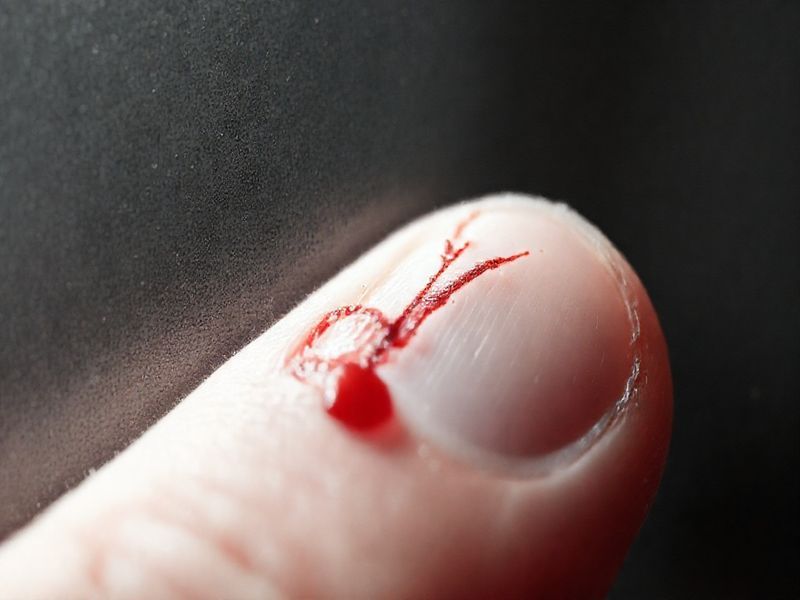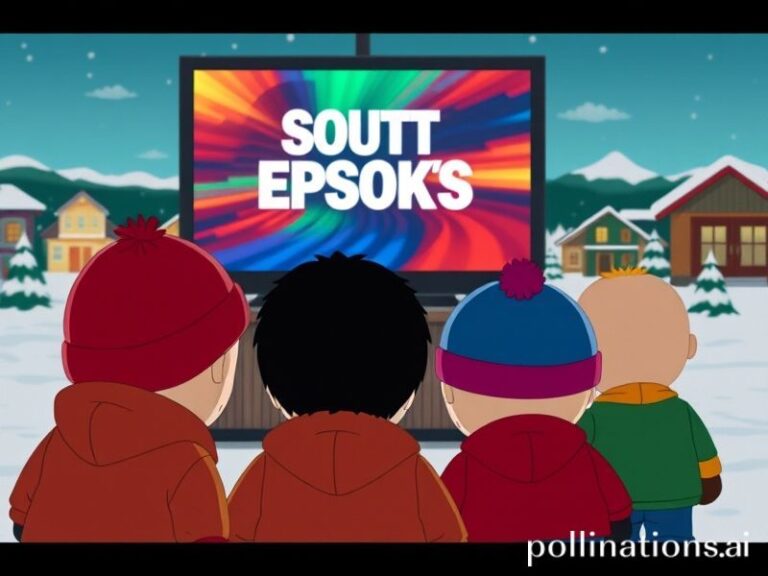scratch
Scratch marks the spot—whether on a lottery ticket in Lagos, a DJ’s vinyl in Berlin, or the arm of a refugee who just realized the camp’s Wi-Fi password is “Password123.” The word itself is a global chameleon: noun, verb, existential sigh. Peel back one layer and you find the entire planet trying to itch an unreachable place.
In Senegal, street kids turn bottle caps into casinos, scratching off foil with the optimism of hedge-fund interns. Half a world away, Silicon Valley’s latest unicorn, ScratchCoin™, promises to “democratize scarcity” by letting users mine cryptocurrency by—wait for it—literally scratching their phone screens. Revenue model? Selling dermatological data to sunscreen brands that have run out of pale people to scare. The kids in Dakar can’t afford the app, but their thumbnails are already veterans of a thousand micro-lotteries. Same gesture, different jackpot: one gets a bag of rice, the other a bored ape JPEG worth less every minute. Progress.
Scratch is the diplomatic language of desperation. At the Poland-Belarus border, migrants scratch Cyrillic pleas onto cardboard hoping some drone camera has mercy subtitles. Meanwhile, EU bureaucrats scratch paragraphs out of asylum protocols with the gentle delicacy of a cat burying evidence on marble floors. Both sides know the paper will end up in the same damp ditch, yet the scratching continues, talismanic, as if the friction alone could ignite justice.
Head north and you’ll catch Finland’s state-run “Scratch Therapy” program: unemployed millennials given free notebooks and told to etch out their anxieties. Officials boast a 23% drop in antidepressant use; cynics note a 23% rise in paper cuts. Either way, Big Pharma’s stock twitches, and somewhere an investor scratches another line on the whiteboard titled “Human Misery Monetization.”
Scratch is also the sound history makes when it repeats itself with a cheaper soundtrack. In Bogotá, vinyl revivalists pay premium pesos for scratched Fania records—each pop and hiss a reminder that imperialism had a better bass line. Over in Seoul, K-pop trainees practice “emotional scratching,” a choreographed gesture where fingernails mime heartbreak across a fogged mirror. No actual glass is harmed; authenticity now ships without shards. The algorithm demands relatability minus tetanus.
And then there’s the climate angle, because even our cynicism has to recycle. Satellite images show the Amazon being scratched away in real time: each pixel of deforestation a tiny scab picked by the invisible hand of the global burger. Norway mails Ecuador a guilt-payment, which Quito promptly scratches out of the budget to fund more cattle. Somewhere in the loop, a child learns the word “externality” and decides to become an influencer instead.
Scratch diplomacy, scratch economics, scratch-and-sniff geopolitics: the world reduced to a scab we keep hoping will turn into a scar worth showing off. Yet beneath the sardonic crust, the gesture endures—raw, universal, stubbornly human. We scratch to remember we still have nerve endings, even if they mostly report pain.
In the end, the planet itself is one giant lottery ticket. We claw at its surface with drill bits, hashtags, and hope, praying the next revealed symbol is a cherry and not another skull. Spoiler: the house always wins, but the itching continues. Because if we stop scratching, we might have to admit the rash is us.







